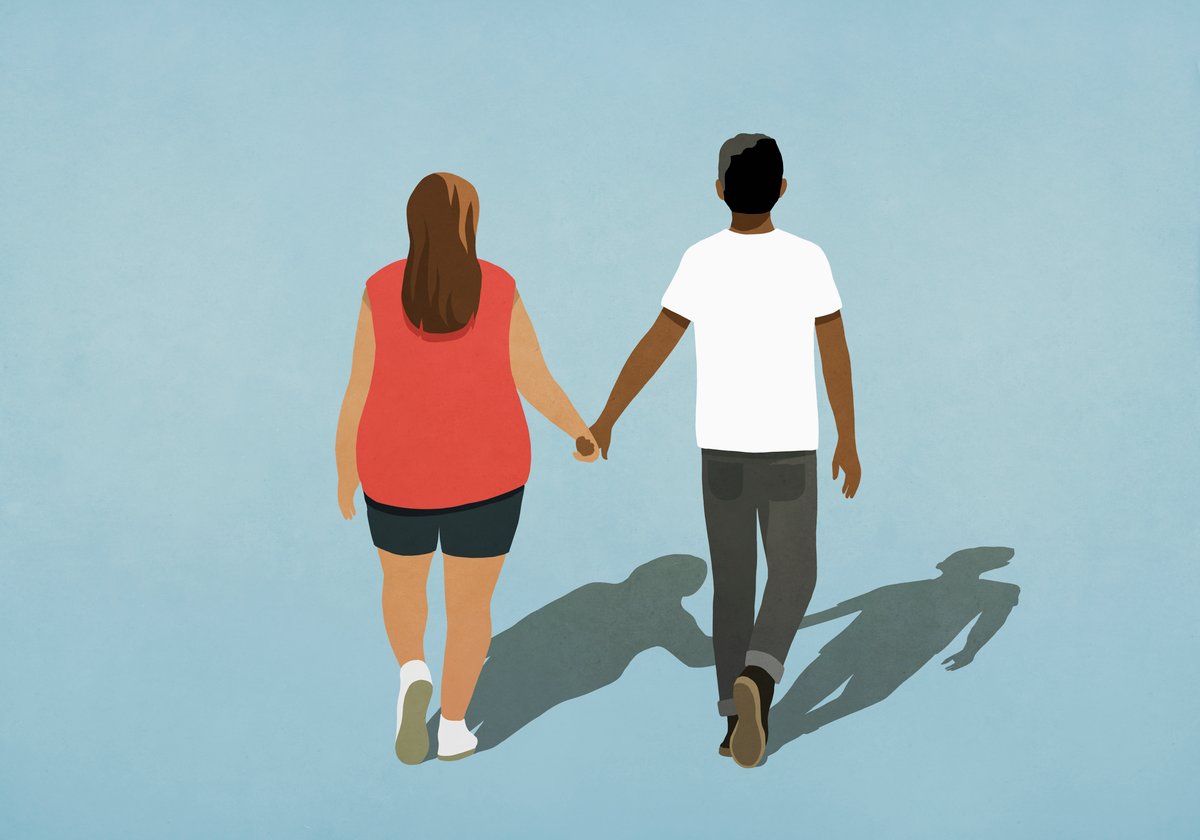
How close are you with your partner? Like close, close?
For example, do you share the same group of friends? Do you have this weird thing where you can 'feel' each other's emotions as if they're your own? Do you feel uncomfortable making a decision without them there? Or hate spending time apart?
While there's absolutely nothing wrong with being a loving, supportive partner, experts say that there's a line between being caring or loyal, and being part of an unhealthy 'enmeshed' relationship.
Watch: Here are some of the biggest relationship red flags you need to look out for. Post continues below.
Because when this line is crossed, things can get... tricky. There can end up being a lot of frustration, resentment, and dissatisfaction.
So how do you know if the love you have for your partner is 'normal', or a sign of co-dependency? And what can you do about it? We spoke to Lysn psychologist Bethany Howsley to understand more.
What does an enmeshed relationship mean?
First off, let's break down exactly what the term 'enmeshment' means, shall we?
According to Howsley, it describes a relationship between two or more people where there is a lack of, or unclear, personal boundaries. So, basically we're talking about codependency.





























































































